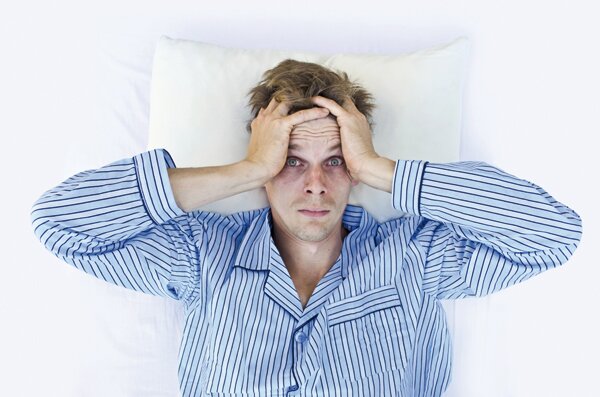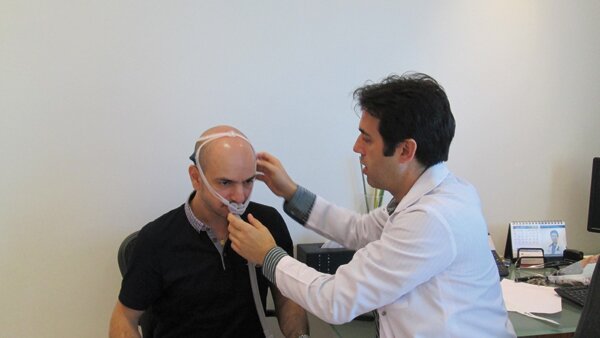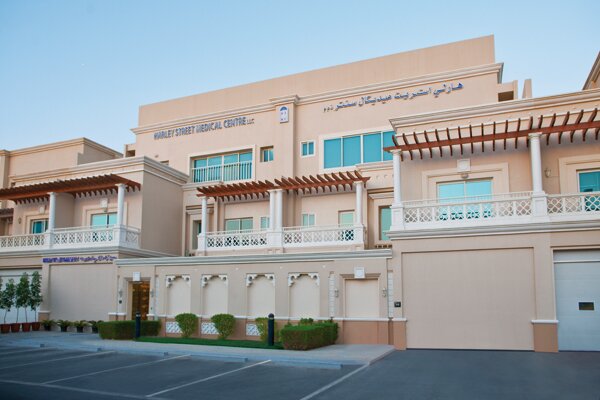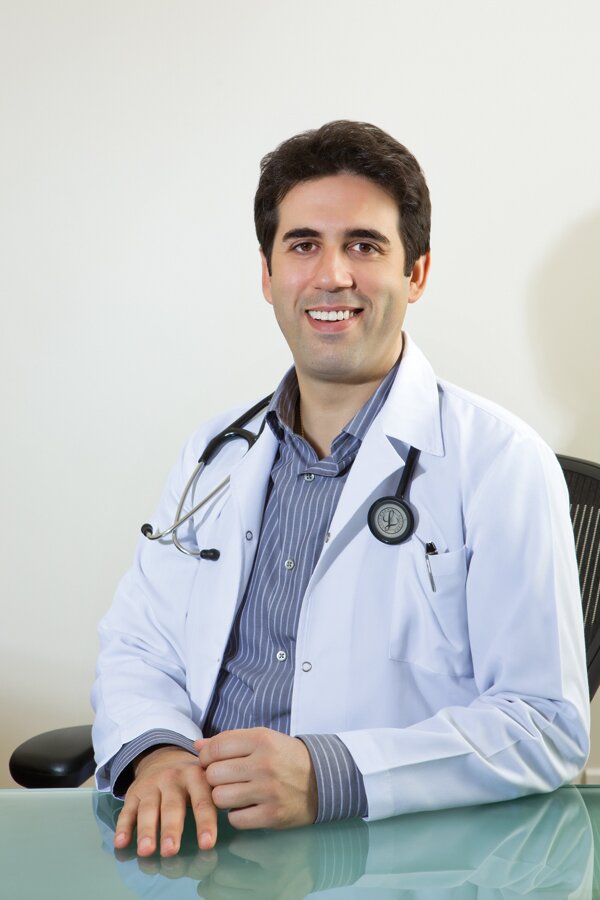When counting camels doesn’t work, there’s still hope
Keith Sinclair, 49, started struggling to sleep in 2004, following a fall while waterskiing. The accident made water shoot up his nose leading to sinus problems – which made breathing at night a challenge.
He explains, “I ignored the problem and over the years my sleep cycle got worse. I visited multiple doctors but none could diagnose me.”
By November 2014, Keith looked pale and felt tired, disorientated and unable to concentrate.
A new doctor suggested his insomnia could be down to sleep apnoea, a disorder caused by a blocked airway in the back of the throat. This cuts off the oxygen supply and causes irregular breathing so sufferers wake up to breathe, which disturbs sleep. The doctor suggested he visit a sleep specialist.
Approximately nine per cent of middle-aged women and 25 per cent of middle-aged men have sleep apnoea, which is usually caused by sleeping on your back and being overweight.
Desperate for a diagnosis and treatment, in February this year Keith visited Dr Hady Jerdak, a sleep specialist at Harley Street Medical Centre (HSMC).
Dr Hady recommended a polysomnogram, or sleep study, so Keith spent the night at HSMC in a room designed to monitor sleep.
He had electrodes – pads through which electrical currents pass – placed over his body. Some attached to his head to monitor brain waves; some on his eyelids and jaw to monitor movement; some on his nose, chest and abdomen to monitor his breathing patterns, and one on a finger to monitor his pulse to check oxygen levels.
An infrared camera recorded him and staff kept watch to ensure the electrodes stayed attached and functioning.
“Dr Hady then analysed the data and diagnosed me with sleep apnoea,” explains Keith. “My breathing was interrupted 30 times an hour – no wonder I was exhausted. He designed a treatment plan for me.”
There are usually three types of treatment available for sleep apnoea: losing weight, surgery or using a continuous positive airway pressure (CPAP) machine. This apparatus is strapped on to the patient’s face every evening at bedtime. It pumps air into the back of the throat to keep the airway open and allow the patient to breathe normally. Weightloss, using the CPAP or a combination of these, is Dr Hady’s preferred treatment. Surgery is a last resort.
“Dr Hady recommended I use the CPAP machine every night,” says Keith.
Keith started treatment and returned for another night at the clinic a fortnight later so his improvement could be assessed.
“After the first few nights I started feeling like a human being again,” he says. “I felt full of energy and happy to go to work in the morning.”
Dr Hady adds, “When your body is tired after a full day of activity, it needs to recover during sleep. But sleep apnoea makes you feel like you’re going for a second shift of work when you sleep. You are literally fighting for air all night long.
“Sleep resets our brain, rests the heart and other muscles, boosts our immune system and keeps our hormone levels balanced. When we are deprived of sleep or have poor sleep over a period of time, it can lead to diabetes, hypertension, sexual disorder, stroke, heart attack and, worst-case scenario, death.”
To prove his point, on a visit to the clinic he shows us a video of another patient who slept at the clinic. “In three minutes most of us breathe 45 times,” Dr Hady explains. “But this man is silent and unmoving. He’s only breathing once a minute.” As if on cue, the man gasps for air, like he’s been trapped underwater.
The monitors indicate the man’s blood oxygen rate is 57 per cent, well below the recommended 95 per cent.
Joseph McMann, 45, is another of Dr Hady’s patients. He suffered from sleep apnoea for 15 years, which affected his day to day life. His wife complained constantly about his loud snoring.
“Things came to a head last summer,” says Joseph. “I was driving on the highway when police pulled me over for swerving. They thought I’d been drinking, so I was taken to the police station but my tests came back negative. Thinking the test equipment was faulty, I was asked to do a second test – which was also negative. It turned out I’d been falling asleep at the wheel and losing control of the car.”
In October 2014, Joseph’s doctor recommended HSMC and following a consultation, Dr Hady recommended the CPAP machine. After using it for one night, Joseph noticed a difference. Instead of always wanting a nap, his energy was restored and he felt refreshed. He says, “I felt like a child after a pot of coffee.” He has also stopped snoring.
Dr Hady says, “Whether sleep apnoea causes a long term health issue like diabetes, or a five-car pile up on the road, it is about more than snoring. It can kill if left untreated. I urge people who feel tired, fuzzy and unable to concentrate to consult a sleep specialist.”
Dr Hady also treats other sleep disorders such as narcolepsy, which is when people struggle to stay awake during the day and fall asleep at inappropriate times.
About 60 per cent of UAE insurance companies will cover the cost of a polysomnogram, otherwise the fee is AED 5,500. Harley Street Medical Centre, behind Marina Mall. For more information, contact:
02 613 3999 www.hsmc.ae
Heather Long Vandevoorde
Dr Hady’s top tips for a great night’s sleep
1. Establish a pre-sleep routine
2. Turn off the television and other electronic stimulation
3. Save your bed for sleeping only. Do not eat, work or watch television in bed
4. Keep your bedroom dark, cool and quiet
5. Hide your clock and phone out of view
6. Turn your brain off. Stop mulling over events at work
7. Cut out caffeine in the evening



















